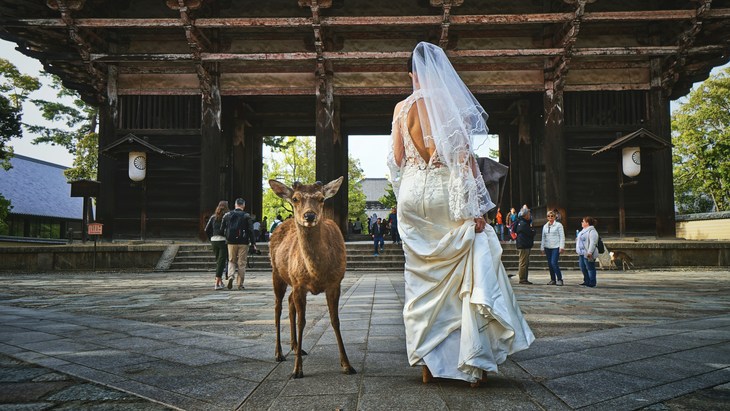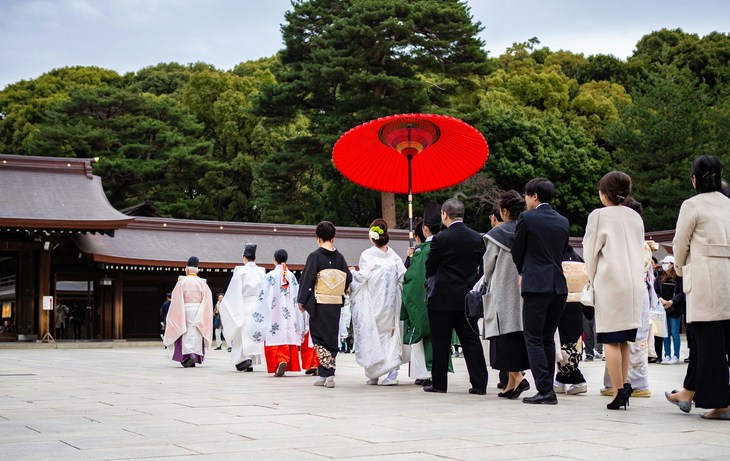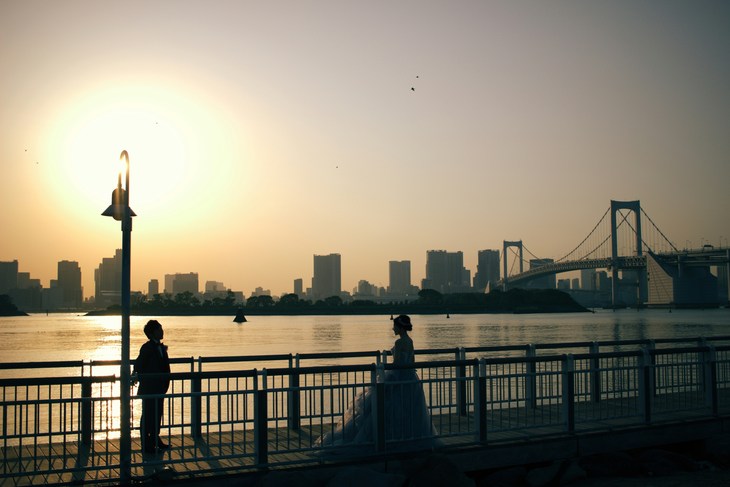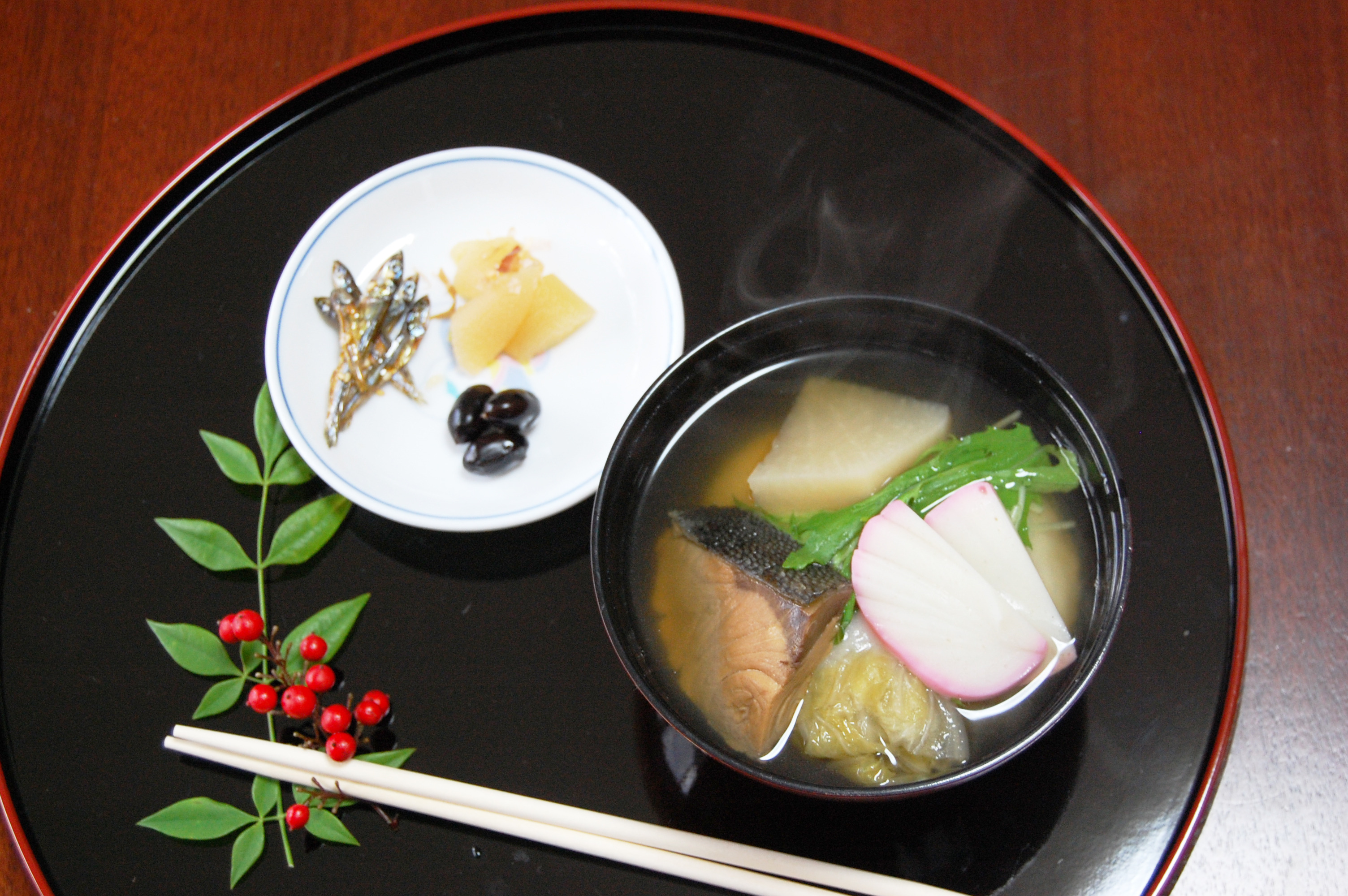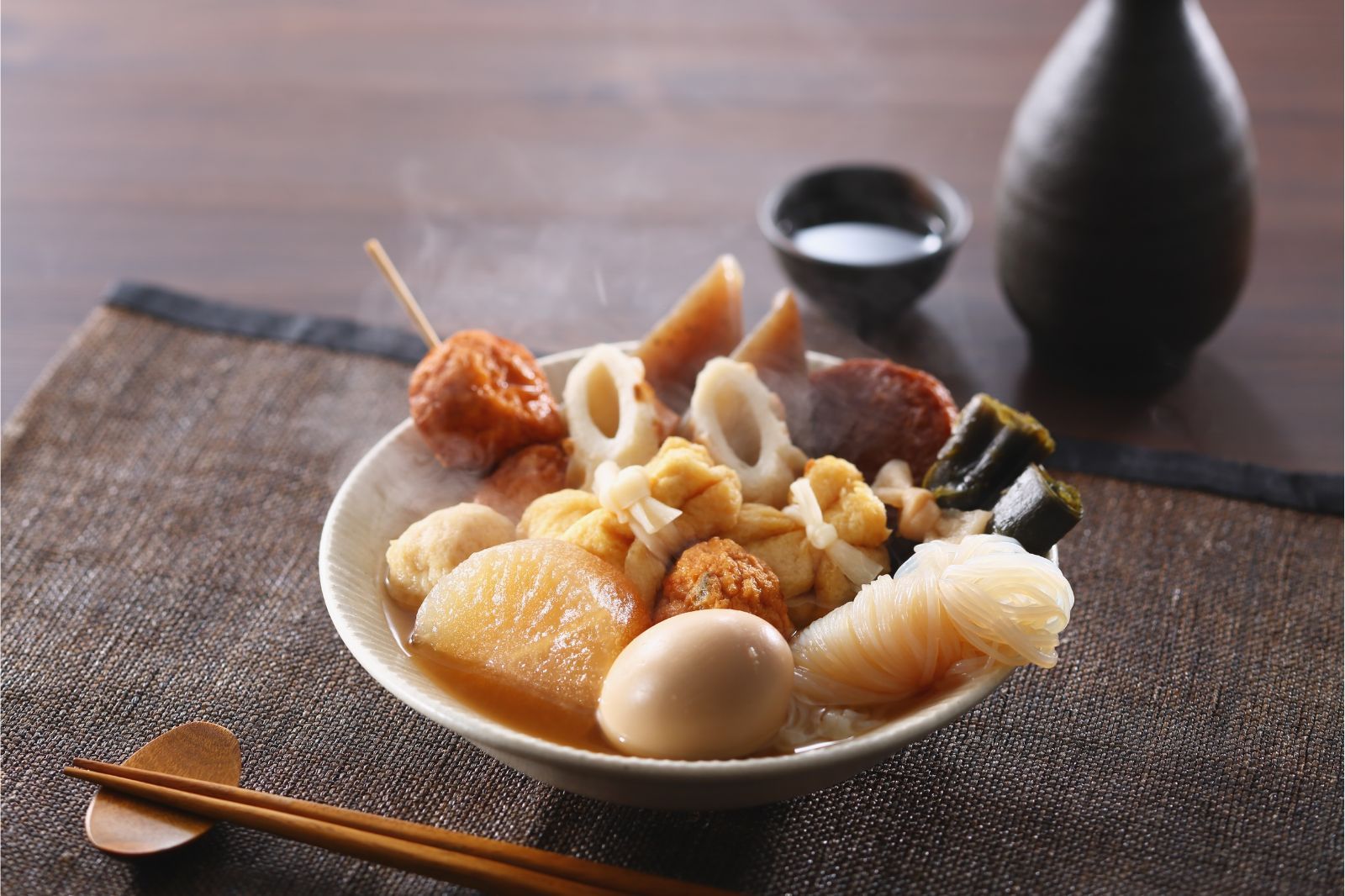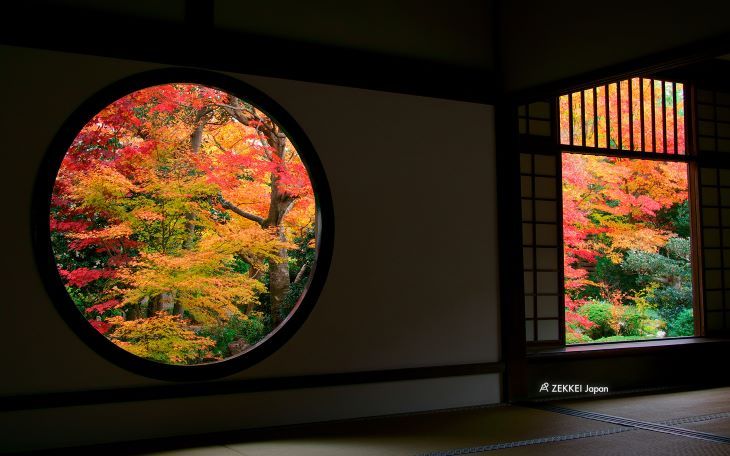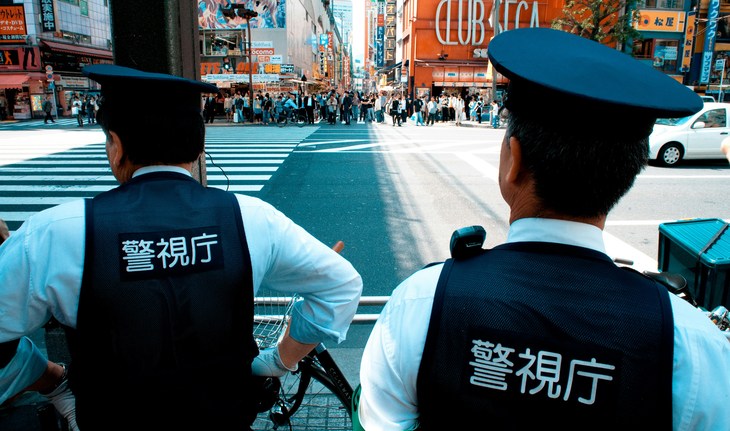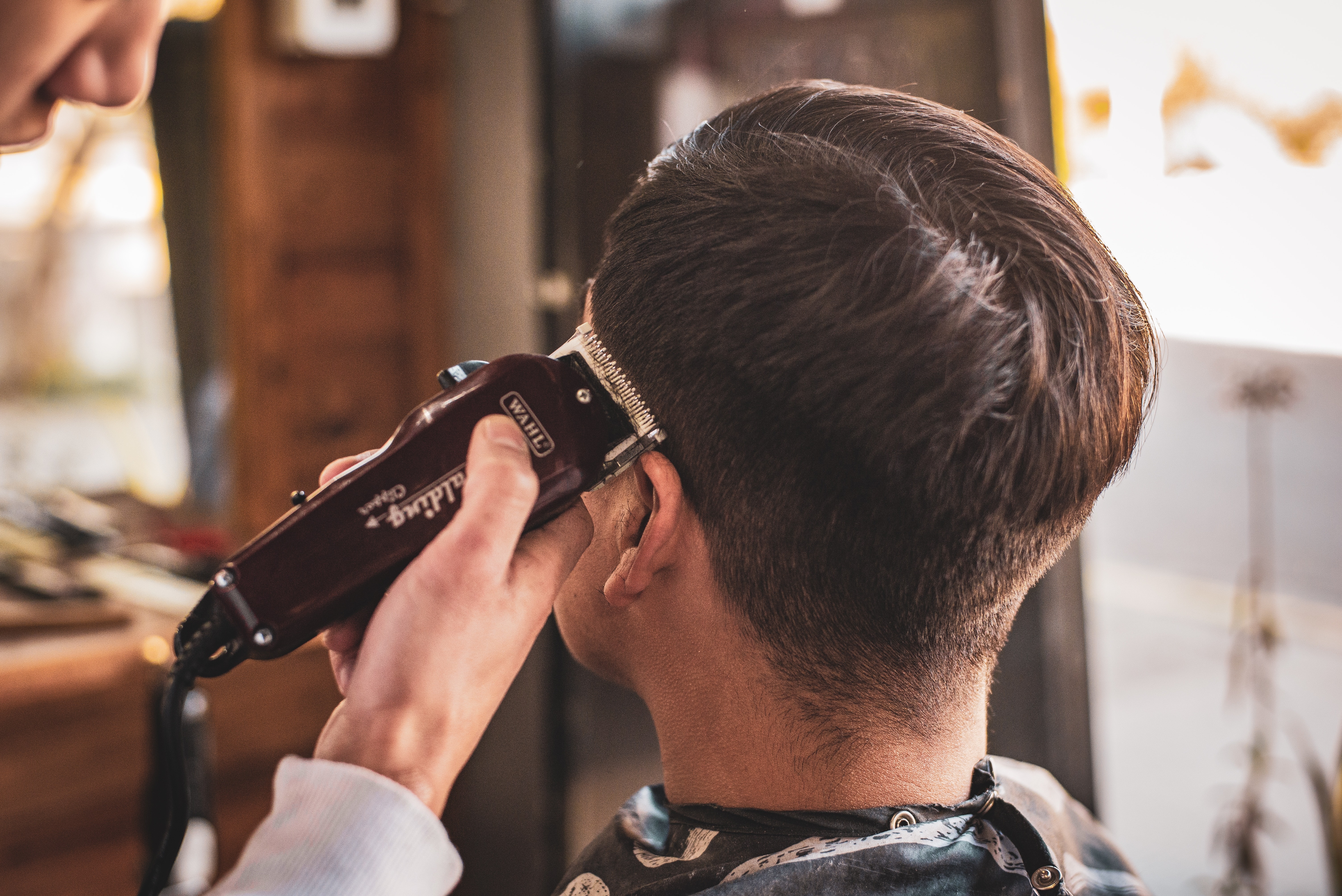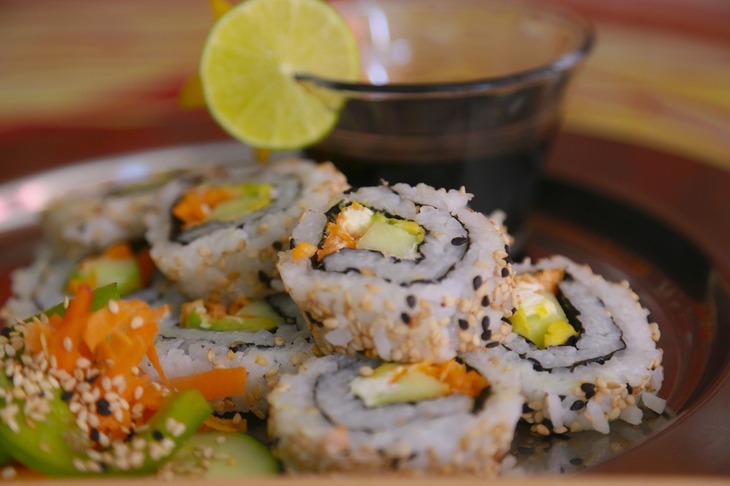What to Expect at a Wedding in Japan
Every country in the world has its own unique wedding styles and customs. In Japan, traditional Shinto weddings are still commonly held, though modern Western-inspired ceremonies are popular too. If you find yourself invited to a wedding in Japan, it is important to know what to expect at the ceremony and reception so that you can prepare properly, avoid causing any offense, and enjoy the wedding. So let's take a look at the different kinds of ceremonies you may be invited to in Japan, the important etiquette for attending a wedding, and break down what events will take place throughout the day so that you can have a great experience at a wedding in Japan.
The Two Main Styles of Wedding Ceremony in Japan
If you go to a wedding in Japan, the ceremony will likely be one of two styles.
・Shinto Wedding Ceremonies:
This is the most traditional style of wedding ceremony you will likely see in Japan. Shinto wedding ceremonies are held at a shrine with a priest, and the bride and groom will wear traditional Japanese wedding attire: a "shiromuku" (a white kimono) for brides and a "hakama" (a formal divided skirt) for grooms.
・Christian Wedding Ceremonies:
These styles of wedding ceremony have become increasingly popular in Japan, and will for the most part seem familiar if you come from a Western country. The ceremony is often held in a chapel with an officiant from an English-speaking country who will likely use English and Japanese in the ceremony. The bride will often wear a white wedding dress and the groom a tuxedo. Though the ceremonies are styled like traditional Christian ceremonies, the couple often will not be Christian (and sometimes the officiant isn't even a priest) so it is best to think of this kind of ceremony as more of a "Western-style" ceremony than a Christian one, with only surface-level connections to the religion.
No matter which style of wedding you attend, the ceremony will most likely be followed by a reception. Between the ceremony and the reception the bride and groom usually change from their formal wedding outfits to dresses and tuxedos in whatever color they like. To make time for the newlyweds to change, there is usually a thirty-minute break between the ceremony and reception. Depending on where the ceremony was held, you may need to travel to a different venue for the reception, but oftentimes the ceremony and reception are held in the same location.
Etiquette for Attending a Japanese Wedding
The etiquette for a wedding in Japan likely differs from the etiquette in your home country, so it is important to know what you need to bring and how you should dress before going to one. Let's look at some of the most important etiquette you need to know to attend a wedding in Japan
・Invitations and RSVPS
Like in many countries, you may receive a beautiful and elaborate invitation to the wedding in the mail. It's best to reply to the invitation quickly to help make arranging the wedding as smooth as possible for the bride and groom.
・Attire
Depending on the type of wedding you are attending, the dress code varies. For traditional Shinto ceremonies, you should wear more conservative and formal outfits. For women, simple, knee-length dresses are most common, with no bright colors. If the dress exposes your shoulders, you should bring a shawl to drape over your shoulders and cover them. Men traditionally wore black suits with white shirts and white ties, but colored ties have become more acceptable in recent years.
For Western-style weddings, suits and ties are best for men, sticking to black, grey, navy, or other subdued tones. One big thing to be careful of is to not wear a black tie to a wedding. Black ties are only worn to funerals in Japan. For women, wearing a dress or kimono to a Western-style wedding is fine, though it is best to try to wear a different color dress than the one the bride will wear during the reception.
Basically, as long as you don't wear a black tie or a white dress, and don't look too casual, you should be fine. If you're not sure, ask the bride or groom what they think would be appropriate!
・Gift Giving
In Japan, it is customary to give a "goshugi," which is a cash gift, to the bride and groom on the wedding day. The cash is traditionally given in a special envelope called a "shugi-bukuro." This envelope is then usually wrapped in a "fukasa," a traditional Japanese silk cloth.
How much you should give depends on your relationship with the couple, but usually starts around 30,000 yen for an acquaintance or friend. However much you give, do not give an amount that includes the numbers four or nine, since these are associated with death and suffering in Japanese culture. It is also best to avoid giving an amount that begins with a multiple of two since these numbers can be cleanly split in half. This may make the couple feel like you are expecting them to get divorced.
It is also very important to always give new bills that have no folds or markings. The idea is that new bills represent the couple starting a new life. It is best to go to a bank to get these new bills. If you ask the bank teller to give you new bills for a "goshugi," they will understand and provide you with the clean bills you need.
・During the Ceremony
It should go without saying, but you should absolutely arrive early for the ceremony since it will likely start right on time. It is quite possible that flash photography won't be allowed during the ceremony, so be mindful of that as well.
What to Expect During the Wedding
Weddings in Japan generally have a similar flow. Here is what to expect right from when you arrive at the wedding venue if the wedding is held at a venue such as a dedicated wedding hall or a hotel.
・Checking In
When you arrive at the wedding venue, there will likely be a check-in desk. Checking-in may take place before or after the ceremony. Head over there first to check-in. You'll likely be expected to write a short message for the couple. Something simple like "Congratulations on this special occasion" or "Here's to a long and happy marriage" or any other kind, congratulatory words are fine.
・Presenting the Wedding Gift
At the check-in desk, you will give the staff the "shugi-bukuro" wrapped in a "fukasa" with your gift money inside it. You won't be giving the gift money to the couple directly.
・Being Seated
After checking in, you will be taken to where the ceremony will be held if the check-in takes place before the ceremony. If it takes place after, you'll be guided to your seats by the staff. There is usually a seating chart provided for the reception, which will help you find your table.
At your table, you will likely find a bag full of gifts that serve as a thank you for coming to the wedding and to "pay back" some of the gift money you gave to the bride and groom. These gifts usually include snacks as well as a booklet from which you can order one item, be it more food or even some household goods. Don't forget to take it home with you, and don't look through the bag until you've left the wedding.
・During the Reception
While every reception varies depending on the couple, they usually begin with the newlyweds making a grand entrance. Then, family members, friends, and possibly the bride or groom's boss will give speeches. As all this is going on, you'll be fed your meal, which is usually a full-course meal. The meal may feature both Japanese and Western dishes or one or the other, depending on the style of the wedding. After the meal, there may be performances games, quizzes, and so on, all meant to entertain the guests. There usually isn't a dance at the end of the night like you would see at a wedding in countries like the United States. Finally, at the end of the night, the couple will have their grand exit, and then you'll be free to go home.
Enjoy the Japanese Wedding Experience!
While weddings in Japan might be very different from your home country, they are fun and lively occasions. As long as you dress appropriately, bring the correct gift, and are polite to everyone around you, you're sure to have an excellent time.














